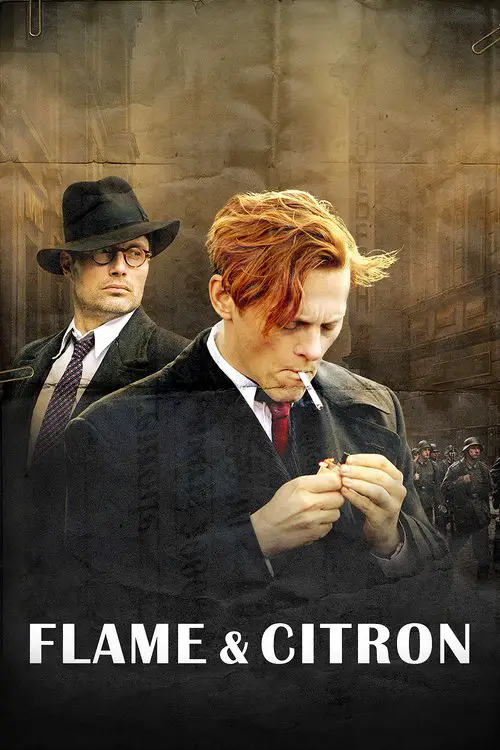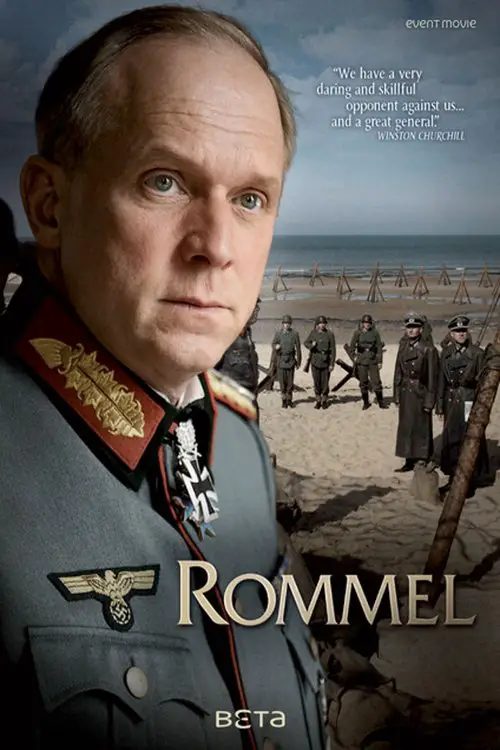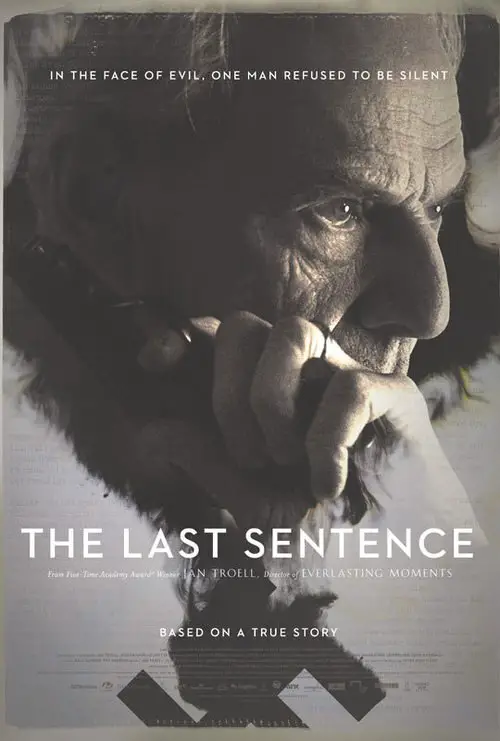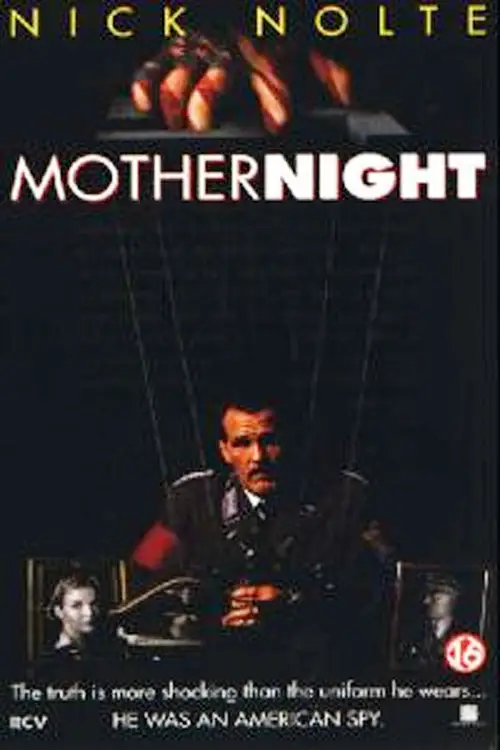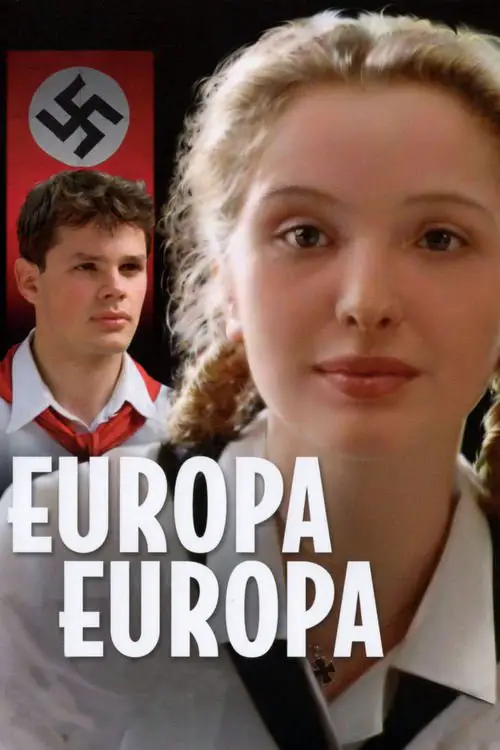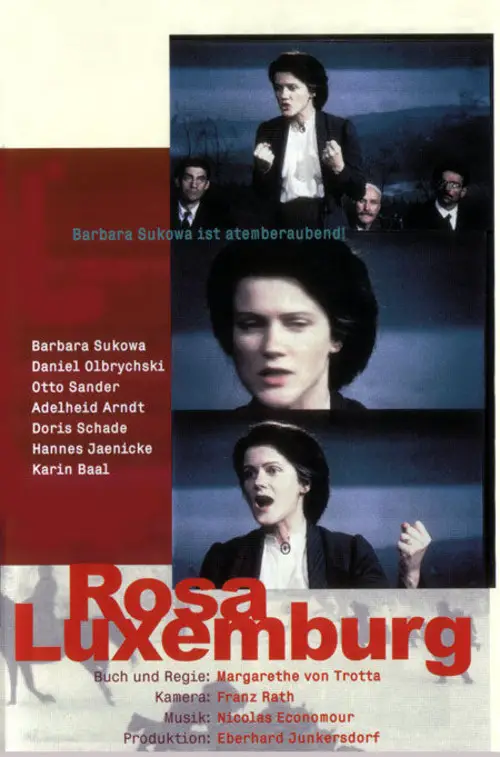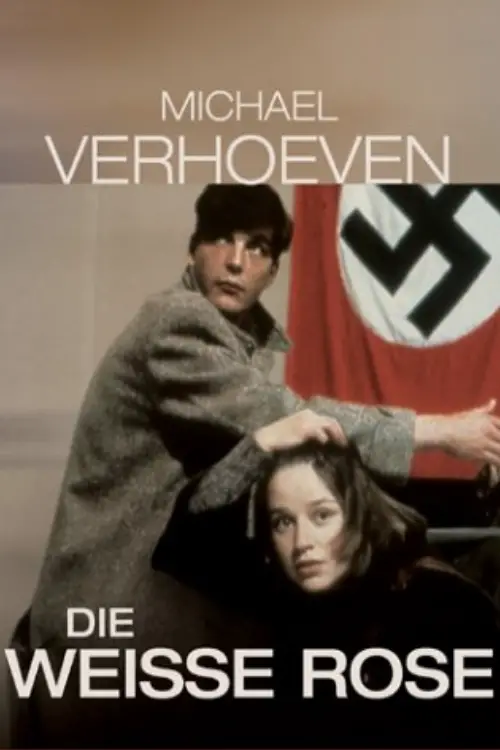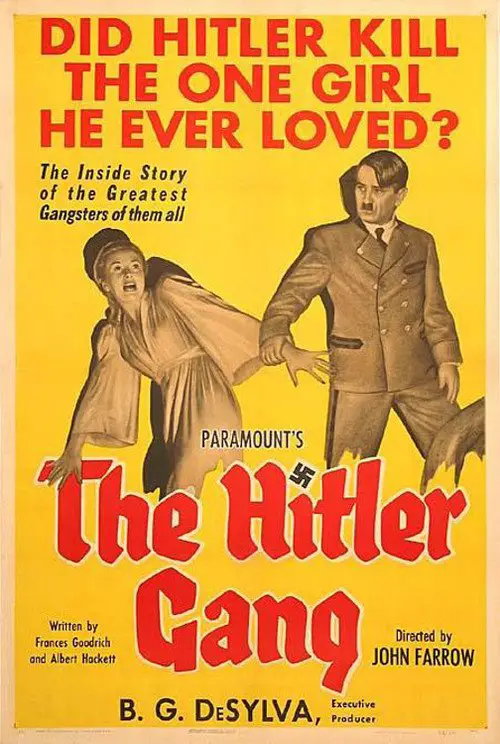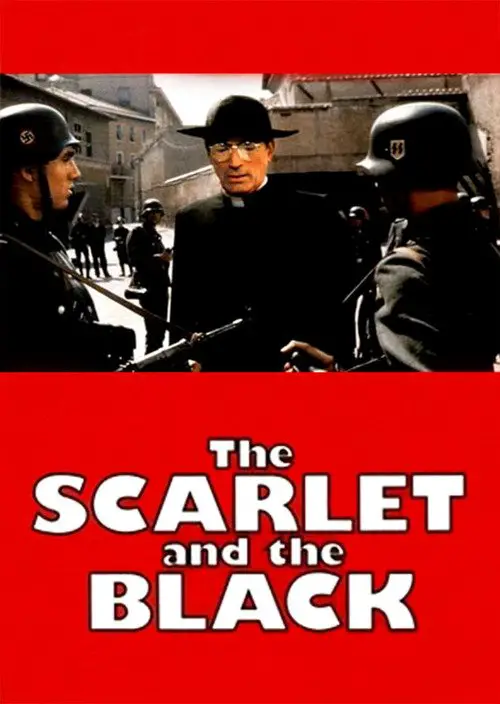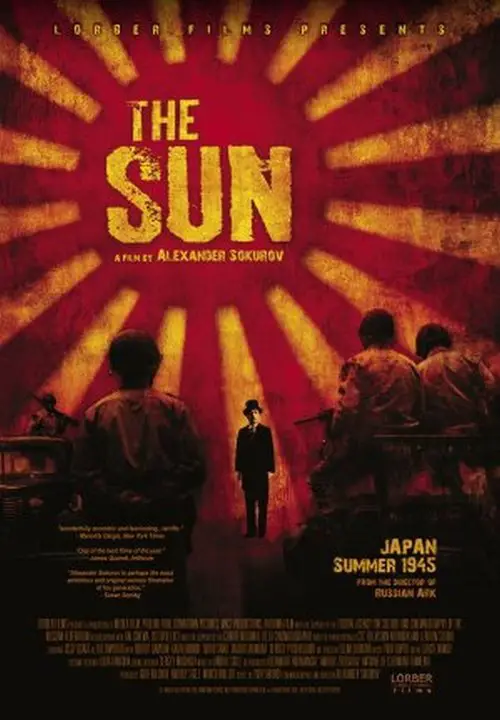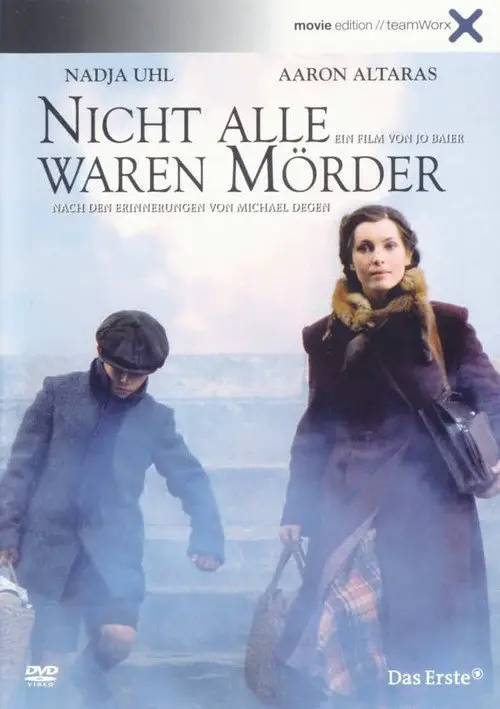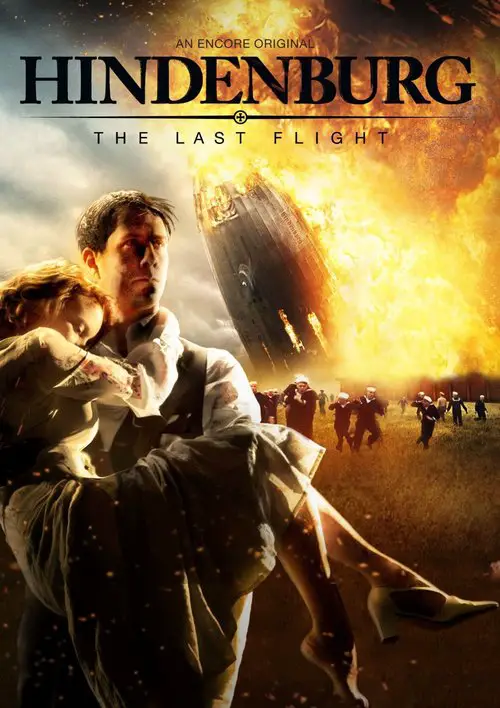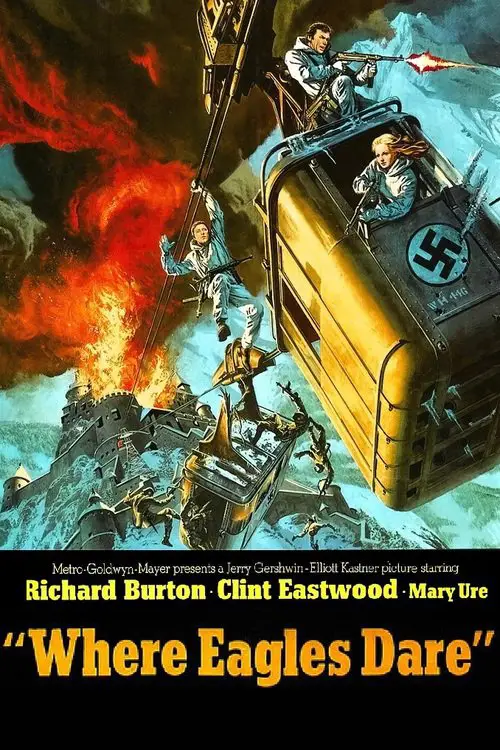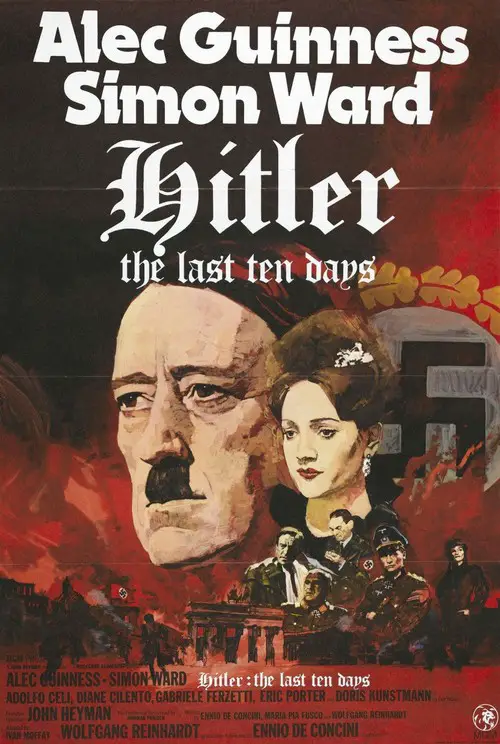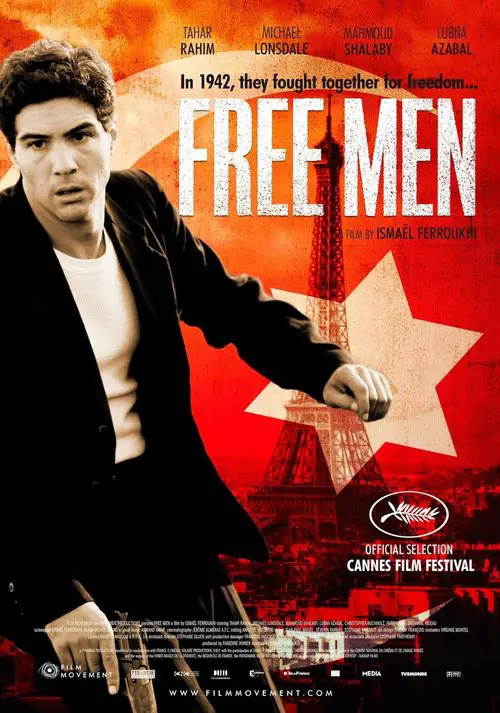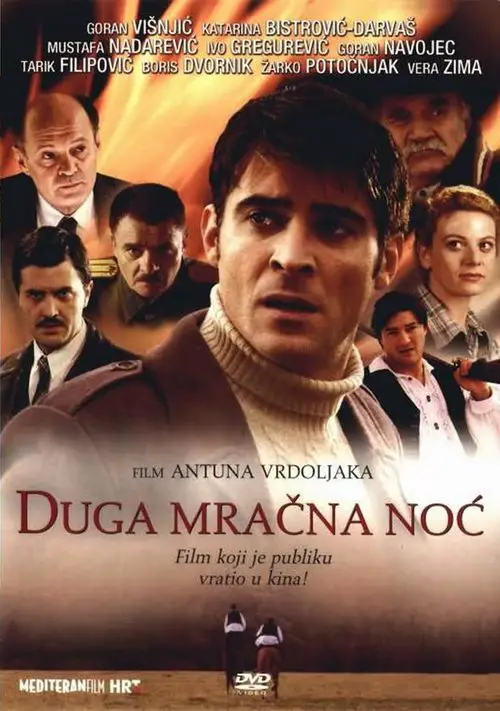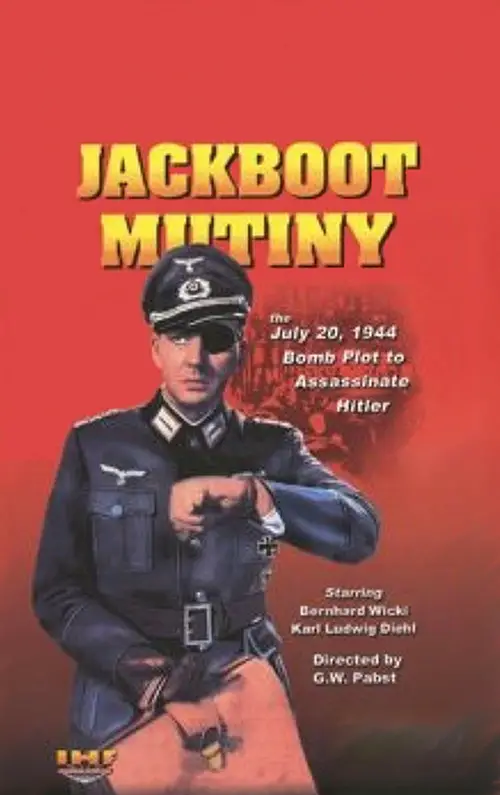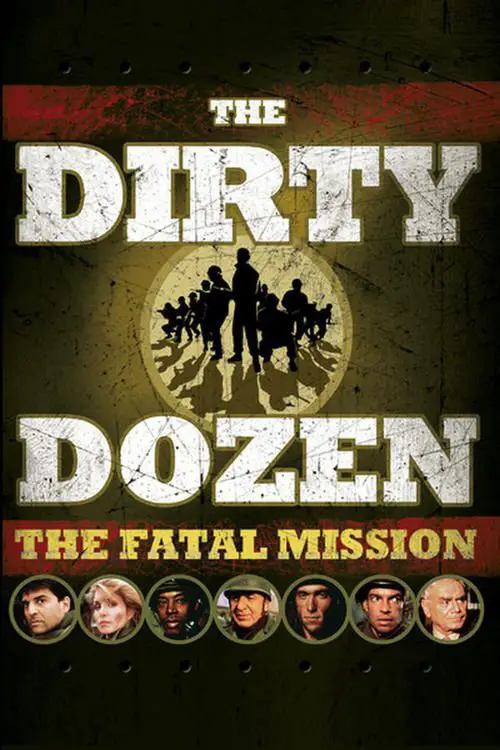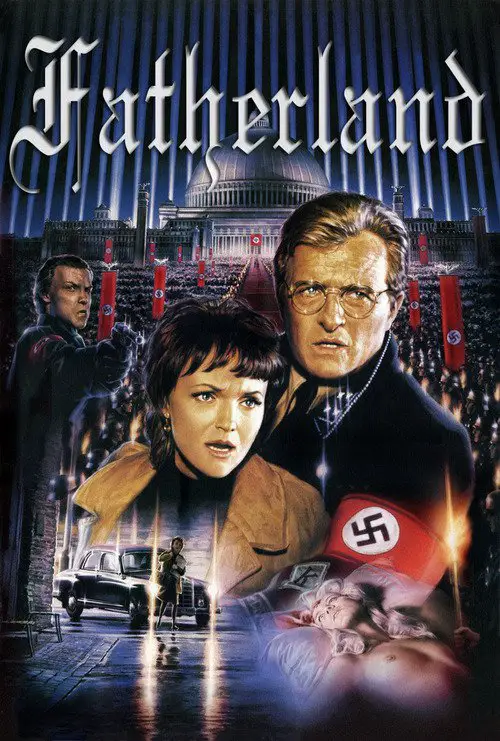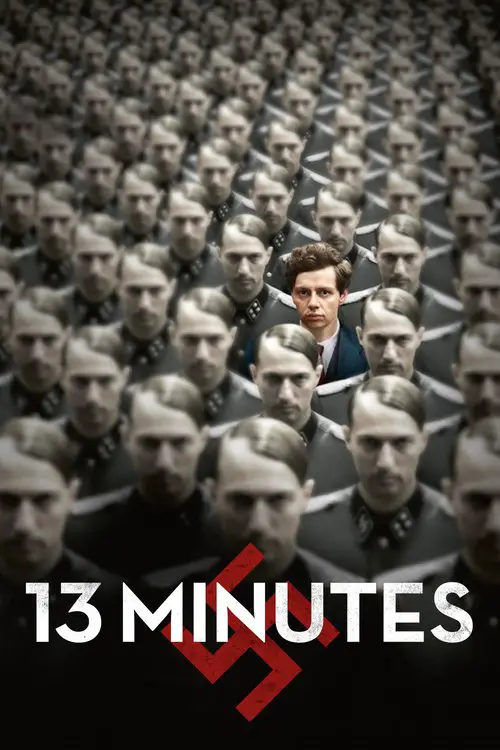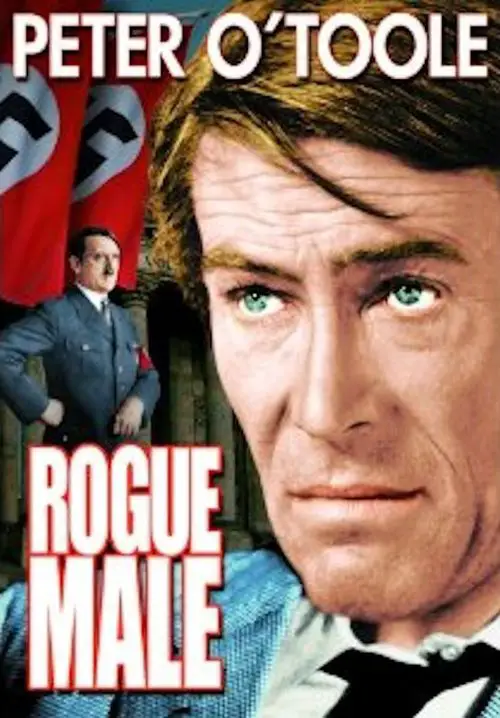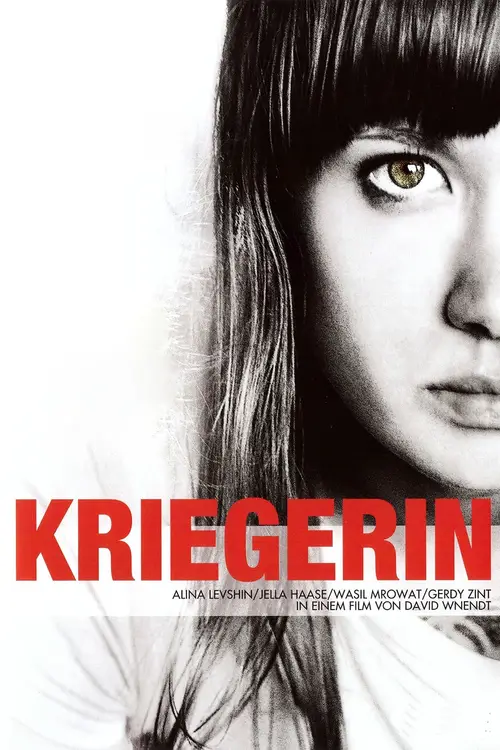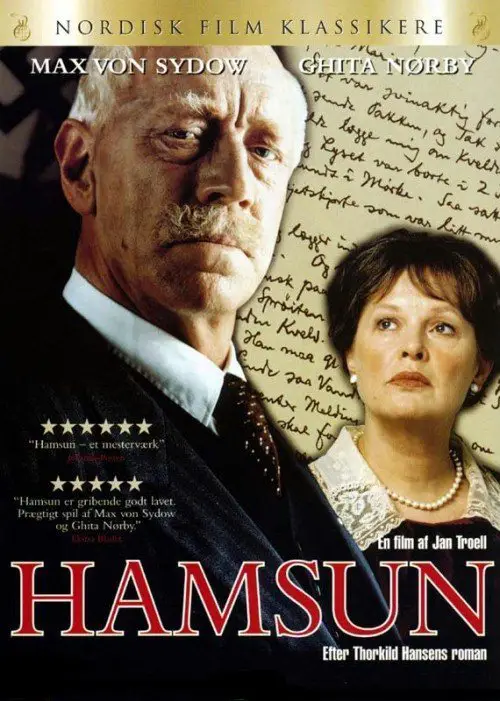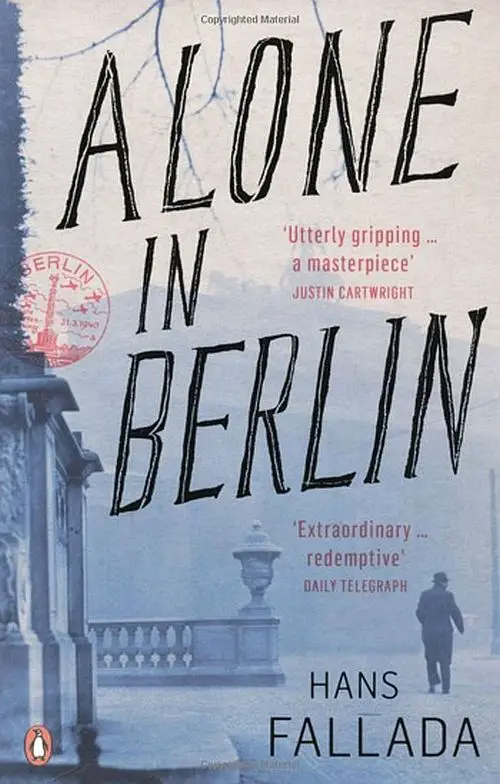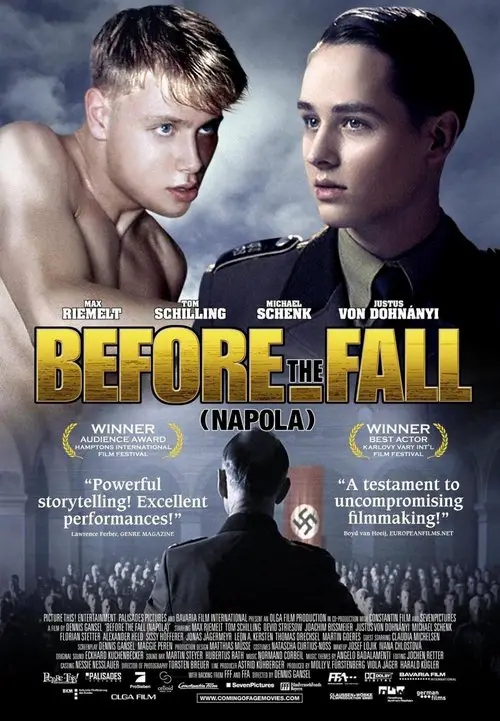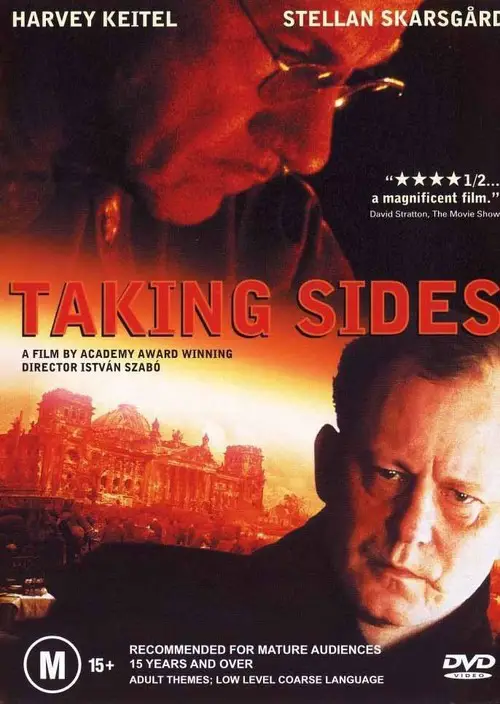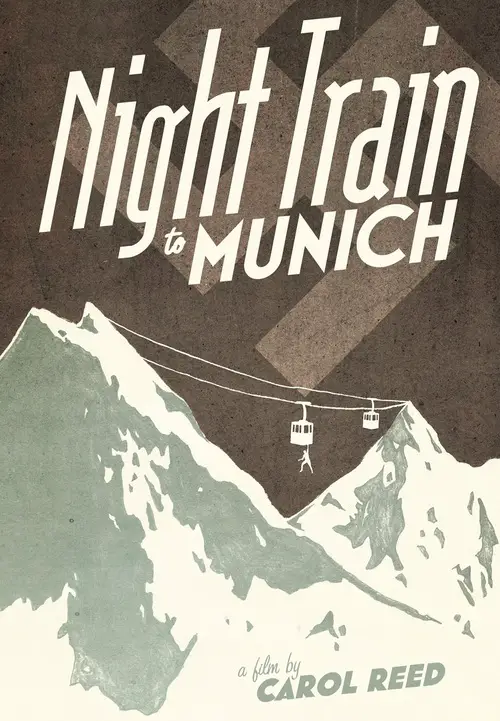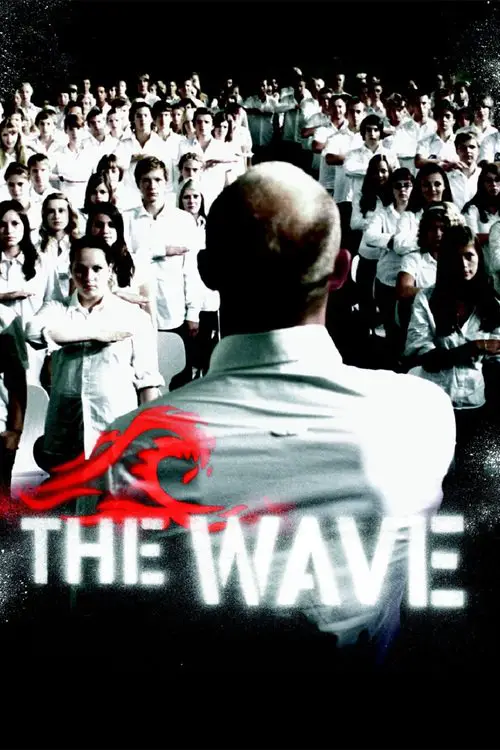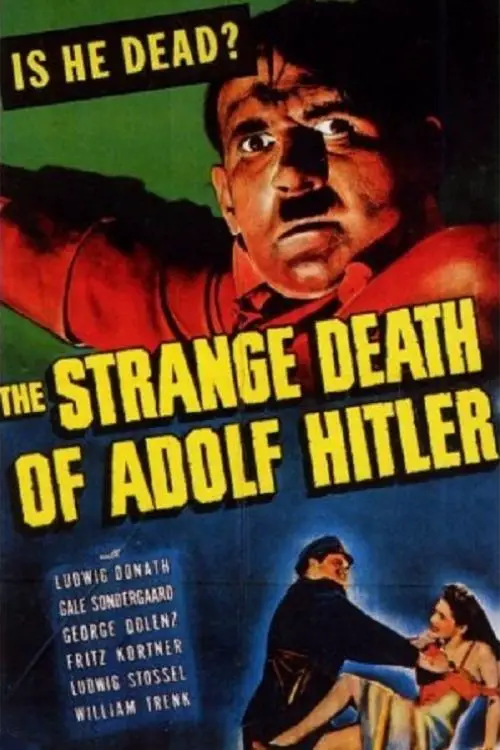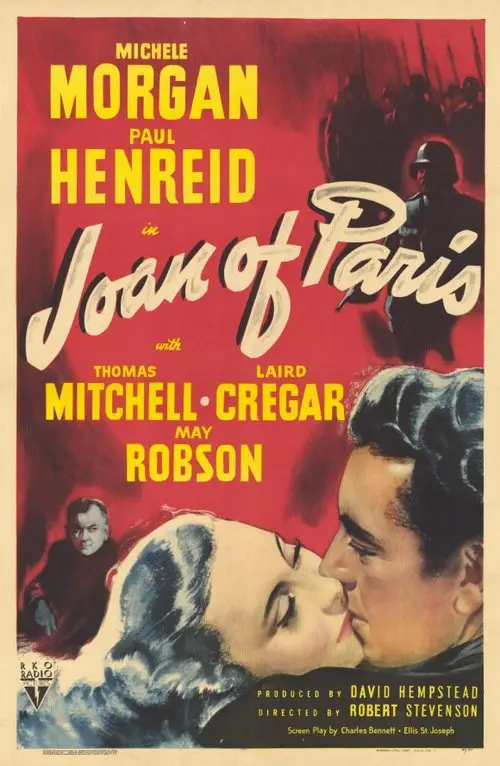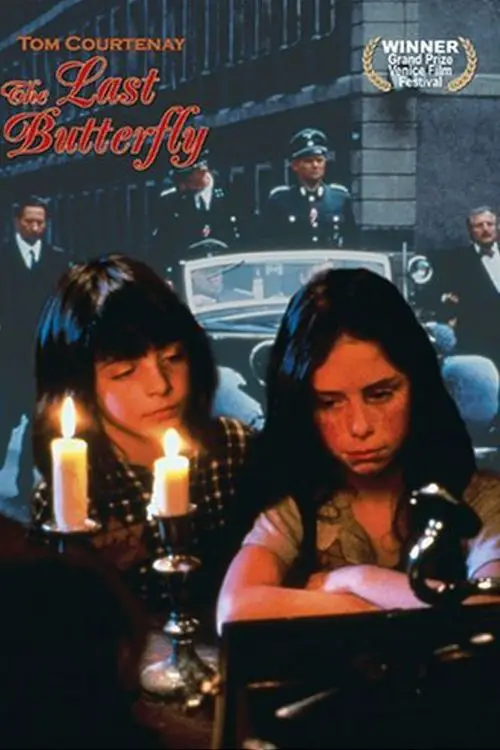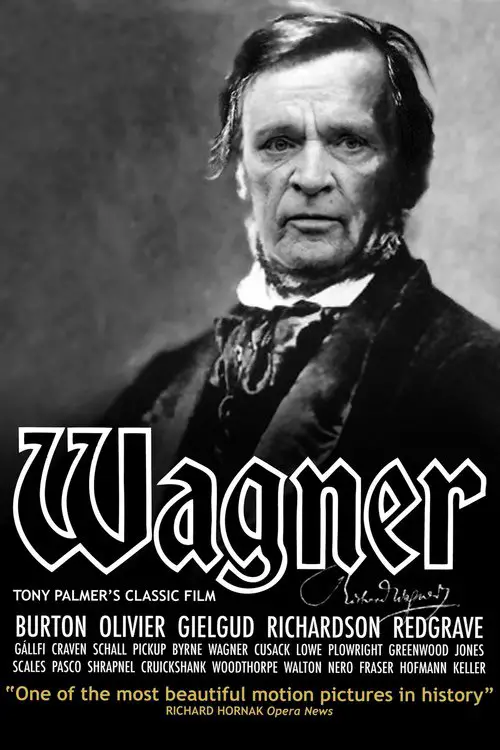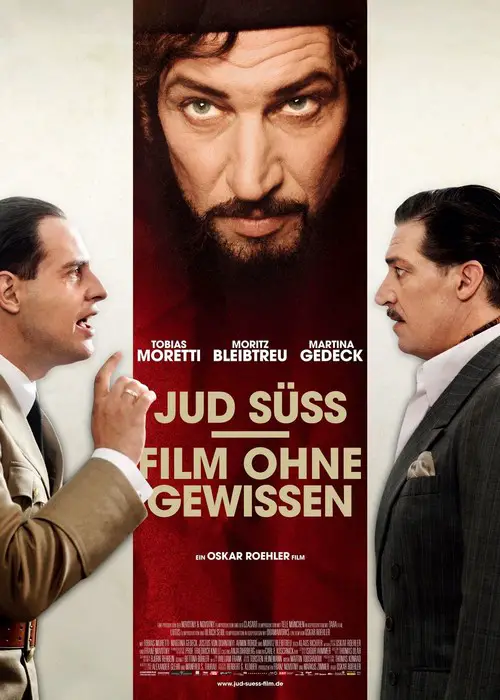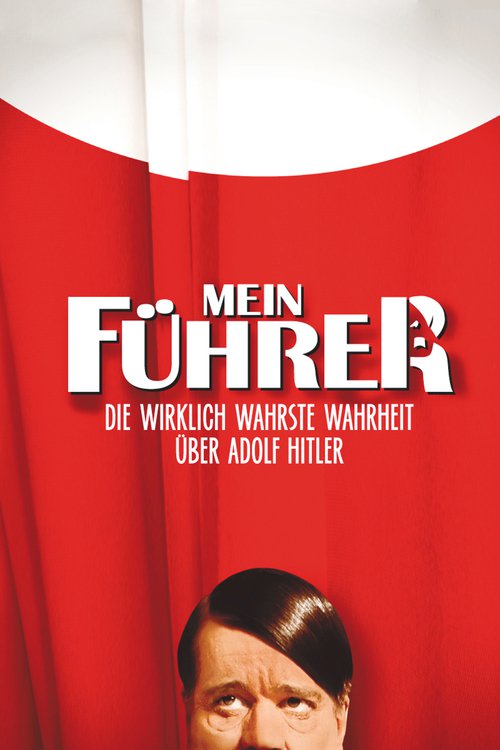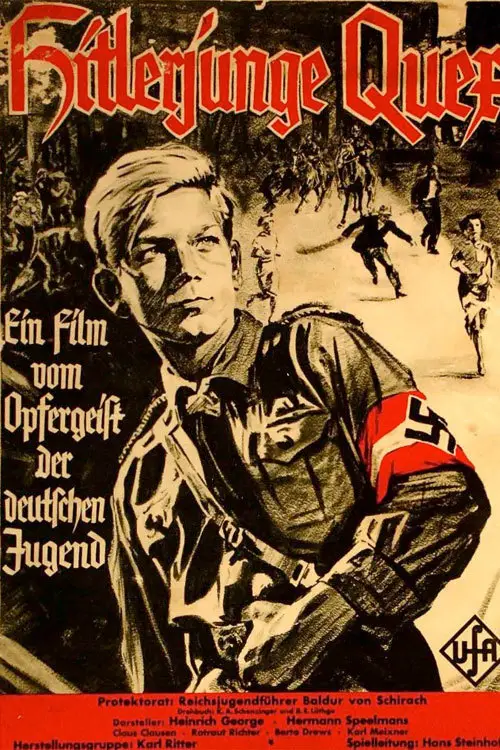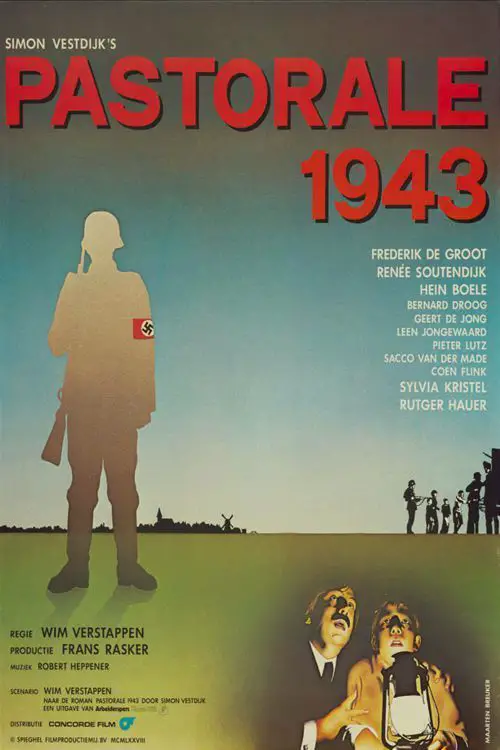Operation Valkyrie (2004)
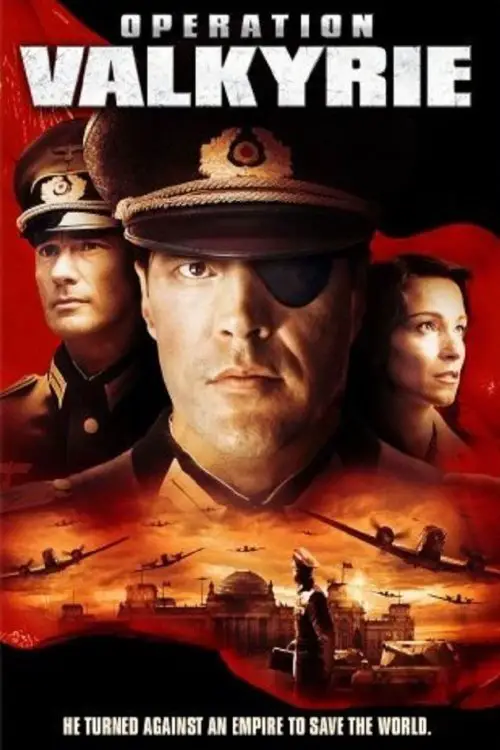
Similar movies
Wounded in Africa during World War II, Nazi Col. Claus von Stauffenberg returns to his native Germany and joins the Resistance in a daring plan to create a shadow government and assassinate Adolf Hitler. When events unfold so that he becomes a central player, he finds himself tasked with both leading the coup and personally killing the Führer.
The movie describes the life of Adolf Hitler from childhood to manhood, and his rise to power. From his poor childhood in Austria, the first world war from his point of view, we see how Hitler was transformed from a poor soldier into the leader of the Nazis, and how he survived all attempts to kill him. We learn of his relationship with his mistress Eva Braun, his decisions and of his enemies inside the Nazi party.
In April of 1945, Germany stands at the brink of defeat with the Russian Army closing in from the east and the Allied Expeditionary Force attacking from the west. In Berlin, capital of the Third Reich, Adolf Hitler proclaims that Germany will still achieve victory and orders his generals and advisers to fight to the last man. When the end finally does come, and Hitler lies dead by his own hand, what is left of his military must find a way to end the killing that is the Battle of Berlin, and lay down their arms in surrender.
During Nazi occupation, red-headed Bent Faurschou-Hviid ("Flame") and Jørgen Haagen Schmith ("Citron"), assassins in the Danish resistance, take orders from Winther, who's in direct contact with Allied leaders. One shoots, the other drives. Until 1944, they kill only Danes; then Winther gives orders to kill Germans. When a target tells Bent that Winther's using them to settle private scores, doubt sets in, complicated by Bent's relationship with the mysterious Kitty Selmer, who may be a double agent. Also, someone in their circle is a traitor. Can Bent and Jørgen kill an über-target, evade capture, and survive the war? And is this heroism, naiveté, or mere hatred?
Berlin 1943/44 ("The Battle of Berlin"). Felice, an intelligent and courageous Jewish woman who lives under a false name, belongs to an underground organization. Lilly, a devoted mother of four, though an occasional unfaithful wife, is desperate for love. An unusual and passionate love between them blossoms despite the danger of persecution and nightly bombing raids. The Gestapo is on Felice's trail. Her friends flee, she decides to sit out the war with Lilly. One hot day in August 1944, the Gestapo is waiting in Lilly's flat...
Renowned journalist Torgny Segerstedt declares war against Hitler as he criticizes Swedish politicians who tried to look away from the tyranny of the Nazis with the good excuse of âneutralismâ. His only weapon is his pen and his life is full of gossip such as an affair with his bossâ wife, a love scandal with a secretary younger than his daughter, and the suicide of his wife. However, he continues to fight a one man battle against Hitler and the Nazi regime until his death, throwing the question âCan one person really change history?â to the audience.
The title is Adolf Hitler's question to his chief of staff Alfred Jodl on the eve of the liberation of Paris (August 25): the military governor of Paris, General Dietrich von Choltitz, had been ordered to destroy Paris rather than let it fall undamaged into the hands of the Allies, but von Choltitz disobeyed.The film follows historical events as U.S. General Dwight D. Eisenhower, head of the Allied invasion, refuses to divert troops to liberate Paris. His hand is forced by the French military leader, Philippe Leclerc, and by a Resistance uprising in the city. Von Choltitz keeps details of the uprising from the German high command in an effort to save the city being destroyed in retaliation. The film follows his turmoil as a soldier and as the man who doesn't wish to be seen by history as the cause of a beautiful city's destruction.
The historical recreation of the 1942 Wannsee Conference, in which Nazi and SS leaders gathered in a Berlin suburb to discuss the "Final Solution to the Jewish Question". Lead by SS-General Reinhard Heydrich, this group of high ranking German officials came to the historic and far reaching decision that the Jews of Europe were to be exterminated in what would come to be known as the Holocaust.
Wronke Prison, 1916. Social democrat Rosa Luxemburg faces a mock execution. Twenty years earlier, Rosa's political gifts are acknowledged by everyone, as she struggles for democratic government in Germany and revolution in Poland. There she works closely with Leo Jogiches. Their political activity creates some difficulty for their personal relationship... As international tensions rise, Rosa makes speeches denouncing war and militarism. She seems too radical for her fellow Socialists. She meets Karl Liebknecht. When World War I begins, Rosa and Karl are united in opposition...
True story of Germany's most famous anti-Nazi heroine brought to thrilling, dramatic life. Sophie Scholl stars Julia Jentsch in a luminous performance as the fearless activist of the underground student resistance group, The White Rose. Armed with long-buried historical records of her incarceration, director Marc Rothemund expertly re-creates the last six days of Sophie Scholl's life.
During the Nazi occupation of Czechoslovakia, surgeon Dr. Franticek Svoboda (Brian Donlevy), a Czech patriot, assassinates the brutal "Hangman of Europe", Reichsprotektor Reinhard Heydrich (Hans Heinrich von Twardowski), and is wounded in the process. In his attempt to escape, he is helped by history professor Stephen Novotny (Walter Brennan) and his daughter Mascha (Anna Lee).
In this highly speculative historical thriller, Colonel Franz Ritter (George C. Scott), a former hero pilot now working for military intelligence, is assigned to the great Hindenburg airship as its chief of security. As he races against the clock to uncover a possible saboteur aboard the doomed zeppelin he finds that any of the passengers and crew could be the culprit.
The Nazis, exasperated at the number of escapes from their prison camps by a relatively small number of Allied prisoners, relocates them to a high-security "escape-proof" camp to sit out the remainder of the war. Undaunted, the prisoners plan one of the most ambitious escape attempts of World War II. Based on a true story.
Max Manus is a Norwegian 2008 biographic war film based on the real events of the life of resistance fighter Max Manus (1914â96), after his contribution in the Winter War against the Soviet Union. The story follows Manus â played by Aksel Hennie â through the outbreak of World War II in Norway until peacetime in 1945.
During the Second World War, a small group of students at Munich University begin to question the decisions and sanity of Germany's Nazi government. The students form a resistance cell which they name the "White Rose" after a newsletter that is secretly distributed to the student body. At first small in numbers and fearful of discovery, the White Rose begins to gain massive support after a Nazi Gauleiter nearly incites a student riot after a provokative speech. At this point, the matter is taken over by the German Gestapo, who pledge to hunt down and destroy the members of the White Rose.
A nurse and her surgeon-lover are part of a resistance movement in 1940s Czechoslovakia. When they are discovered, her lover flees and she must find a place to hide. A patient whose life she saved, a man from a remote mountain village where time stopped 150 years ago, agrees to hide her as his wife.
A Jewish ghetto in the east of Europe, 1944. By coincidence, Jakob Heym eavesdrops on a German radio broadcast announcing the Soviet Army is making slow by steady progress towards central Europe. In order to keep his companion in misfortune, Mischa, from risking his life for a few potatoes, he tells him what he heard and announces that he is in possession of a radio - in the ghetto a crime punishable by death. It doesn't take long for word of Jakob's secret to spread - suddenly, there is new hope and something to live for - and so Jakob finds himself in the uncomforting position of having to come up with more and more stories.
Open City is a landmark in film history. Filmed in secrecy during the Nazi occupation of Italy, the film shows a realistic portrayal of the underground resistance in Italy in 1945. The film has strong impacting imagery with itâs mix of fiction and reality that strengthened Italian Neo-realism and the film industry.
Fr. Hugh O'Flaherty is a Vatican official in 1943-45 who has been hiding downed pilots, escaped prisoners of war, and Italian resistance families. His diplomatic status in a Catholic country prevents Colonel Kappler from openly arresting him, but O'Flaherty's activities become so large that the Nazi's decide to assassinate him the next time he leaves the Vatican. O'Flaherty continues his work in a variety of disguises. Based on a true story. Written by John Vogel
The Sun (Russian: СóлнÑе, Solntse) is a 2005 Russian biographical film depicting Japanese Emperor ShÅwa (Hirohito) during the final days of World War II. The film is the third drama in director Aleksandr Sokurov's trilogy, which included Taurus about the Soviet Union's Vladimir Lenin and Moloch about Nazi Germany's Adolf Hitler.
Based on the childhood memories of actor Michael Degen, the movie deals with the everyday struggle to survive as a Jewish boy in Nazi Germany. As his father had died in 1940 after being released from the Sachsenhausen concentration camp, Michael and his mother fear to be deported themselves. They manage to live in Berlin with false names and faked papers, hidden by several, often broken, people...
Discover the shocking secret behind one of the greatest disasters of the 20th century in this powerful, exhilarating, world war two thriller. When a chance encounter throws a young engineer into the depths of a deadly plot he begins a race against time to uncover a secret that could throw the world into shock. But when money, politics and the girl he loves all enter the picture too, the game starts to get even more complicated...
In Paris during WWII, an Algerian immigrant is inspired to join the resistance by his unexpected friendship with a Jewish man. Based on not very known facts about the Muslim community in Paris during WWII, when the Paris Mosque and its dynamic leader played a pivotal role in supporting the resistance and rescuing Jews.
A man's story parallels Hitler's rise. Austrian Klaus Schneider, wounded in World War I, recovers in the care of Dr. Emil Bettleheim. Bettleheim discovers that Schneider possesses powers of empathy and of clairvoyance, such that could aid suicidal patients. After the war, with one friend as his manager and another as his lover, Schneider changes his name to Eric Jan Hanussen and goes to Berlin, as a hypnotist and clairvoyant performing in halls and theaters. He always speaks the truth, which brings him to the attention of powerful Nazis. He predicts their rise (good propaganda for them) and their violence (not so good). He's in pain and at risk. What is Hanussen's future?
When Norwegian resistance leader Lieutenant Erik Bergman reports the location of a German V-2 rocket fuel plant, the Royal Air Force's 633 Squadron is assigned the mission to destroy it. The plant is in a seemingly-impregnable location beneath an overhanging cliff at the end of a long, narrow fjord lined with anti-aircraft guns. The only way to destroy the plant is by collapsing the cliff on top of it.
The invasion of a village in Byelorussia by German forces sends young Florya (Alexei Kravchenko) into the forest to join the weary Resistance fighters, against his family's wishes. There he meets a girl, Glasha (Olga Mironova), who accompanies him back to his village. On returning home, Florya finds his family and fellow peasants massacred. His continued survival amidst the brutal debris of war becomes increasingly nightmarish, a battle between despair and hope.
Fictional account of what might have happened if Hitler had won the war. It is now the 1960s and Germany's war crimes have so far been kept a secret. Hitler wants to talk peace with the US president. An American journalist and a German homicide cop stumble into a plot to destroy all evidence of the genocide.
Early in 1939 Sir Robert Thorndyke takes aim at Adolf Hitler with a high powered rifle, but the shot misses its mark. Captured and tortured by the Gestapo and left for dead, Sir Robert makes his way back to England where he discovers the Gestapo has followed him. Knowing that his government would turn him over to German authorities, Sir Robert goes underground in his battle with his pursuers.
Marisa, a 20-year-old German girl, hates foreigners, Jews, cops, and everyone she finds guilty for the decline of her country. She provokes, drinks, fights and her next tattoo will be a portrait of Adolf Hitler. The only place she feels home is the Neo-Nazi gang she belongs to, where hate, violence, and heavy parties are the daily rules. When 14-year-old Svenja joins the group, Marisa appears like a role model to her: she fits the purest idea of a combat girl fighting for the group's ideology. But Marisa's convictions will slowly evolve when she accidentally meets a young Afghan refugee. Confronted to him, she will learn that the black and white principles of her gang are not the only way. Will Marisa ever be able to get out of this group?
Knut Hamsun is Norway's most famous and admired author. Ever since he was young he has hated the English for the starvation they caused Norway during WWI. When the Germans occupy Norway 9 April 1940 he welcomes them and the protection they can give from Great Britain. He supports the national socialist ideals, but opposes the way these ideals are turned into action - that Norwegians are jailed and executed. His wife Marie travels in Germany during the war as a sign of support from Knut and herself.
Berlin in June of 1940. While Nazi propaganda celebrates the regimeâs victory over France, a kitchen-cum-living room in Prenzlauer Berg is filled with grief. Anna and Otto Quangelâs son has been killed at the front. This working class couple had long believed in the âFührerâ and followed him willingly, but now they realise that his promises are nothing but lies and deceit. They begin writing postcards as a form of resistance and in a bid to raise awareness: Stop the war machine! Kill Hitler! Putting their lives at risk, they distribute these cards in the entrances of tenement buildings and in stairwells. But the SS and the Gestapo are soon onto them, and even their neighbours pose a threat.
In 1942, Friedrich Weimer's boxing skills get him an appointment to a National Political Academy (NaPolA) - high schools that produce Nazi elite. Over his father's objections, Friedrich enrolls. During his year in seventh column,Friedrich encounters hazing, cruelty, death, and the Nazi code. His friendship with Albrecht, the ascetic son of the area's governor, is central to this education.
A tale based on the life of Wilhelm Furtwangler, the controversial conductor of the Berlin Philharmonic whose tenure coincided with the controversial Nazi era. One of the most spectacular and renowned conductors of the 30s, Furtwangler's reputation rivaled that of Toscanini's. After the war, he was investigated as part of the Allies' de-Nazification programme. In the bombed-out Berlin of the immediate post-war period, the Allies slowly bring law and order--and justice--to bear on an occupied Germany. An American major is given the Furtwangler file, and is told to find everything he can and to prosecute the man ruthlessly. Tough and hard-nosed, Major Steve Arnold sets out to investigate a world of which he knows nothing. Orchestra members vouch for Furtwangler's morality--he did what he could to protect Jewish players from his orchestra. To the Germans, deeply respectful of their musical heritage, Furtwangler was a demigod; to Major Arnold, he is just a lying, weak-willed Nazi.
When the Germans march into Prague, armour-plating inventor Dr Bomasch flees to England. His daughter Anna escapes from arrest to join him, but the Gestapo manage to kidnap them both back to Berlin. As war looms, British secret service agent Gus Bennet follows disguised as a senior German army officer. His ploy -- not unpleasant one -- is pretending to woo Anna to the German cause.
Stage mime Antoine Moreau (Tom Courtenay) is compelled by the Gestapo to put on a performance for the children of Terezin, a "model" concentration camp, to convince the Red Cross observers that the camp is truly what it seems. Reluctant at first, Moreau slowly learns the true nature of the camp, including the meaning of the "transports" on which people leave. With a world-class orchestra (made up of people interned in the camp) and a cast of children, Moreau stages a show to end all shows.
This intricate historical drama tells the story of actor Ferdinand Marian (Tobias Moretti), who is ordered by Nazi propagandist Joseph Goebbels to star in the 1940 anti-Semitic film Jew Suss. Despite his cooperation, Ferdinand's actions have unexpected costs. Ferdinand's Jewish wife, Anna (Martina Gedeck), is sent to a concentration camp, and as World War II intensifies, he rebels against the Nazis, leading to the destruction of his career.
Hitler no longer believes in himself, and can barely see himself as an equal to even his sheep dog. But to seize the helm of the war he would have to create one of his famous fiery speeches to mobilize the masses. Goebbels therefore brings a Jewish acting teacher Grünbaum and his family from the camps in order to train the leader in rhetoric. Grünbaum is torn, but starts Hitler in his therapy ...
© Valossa 2015–2026
| Privacy Policy



